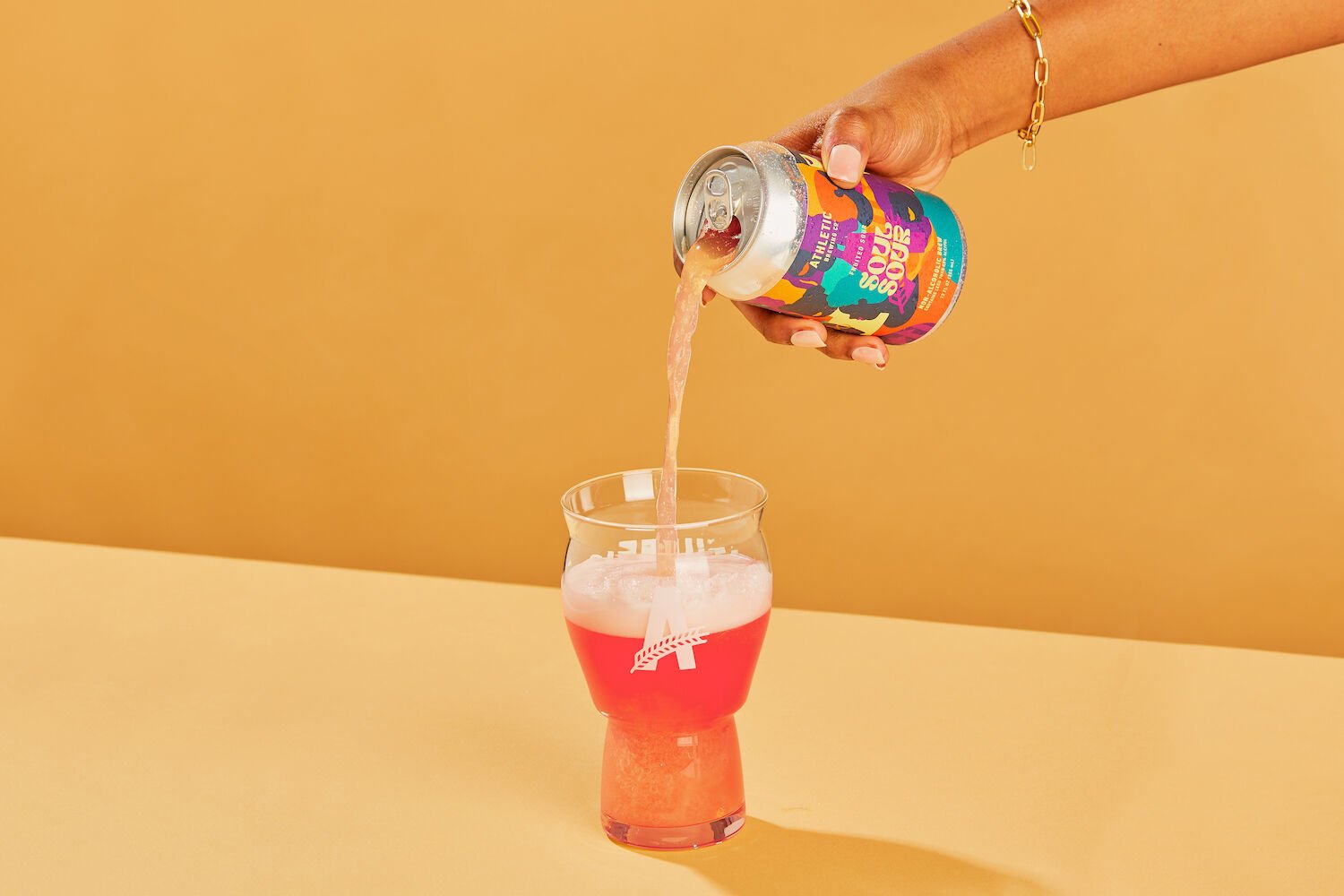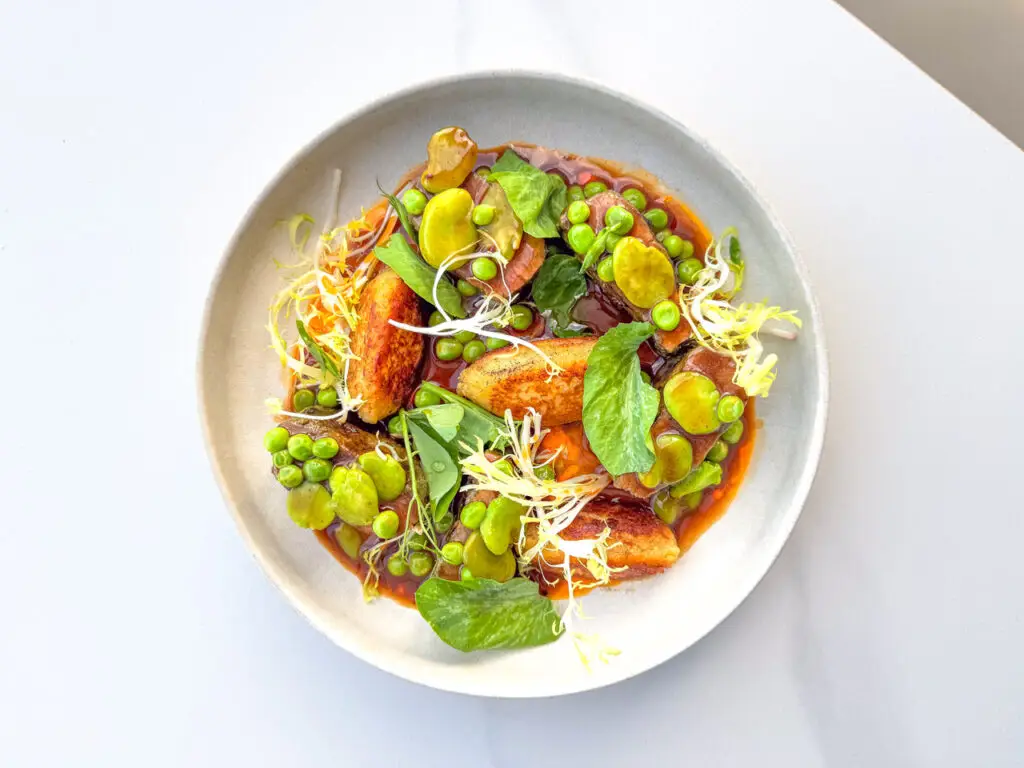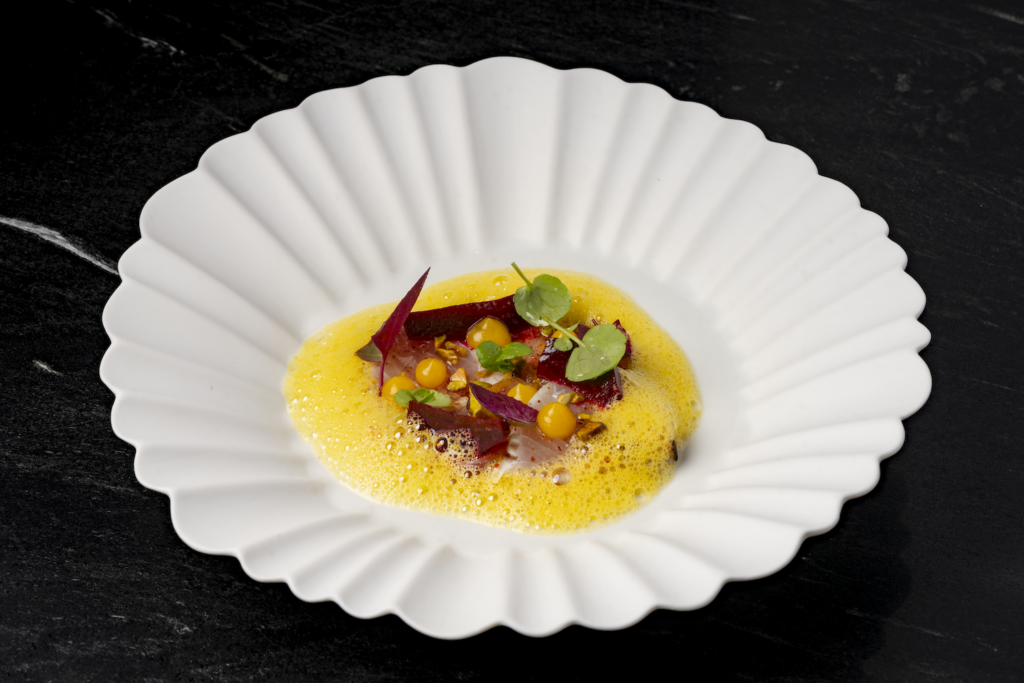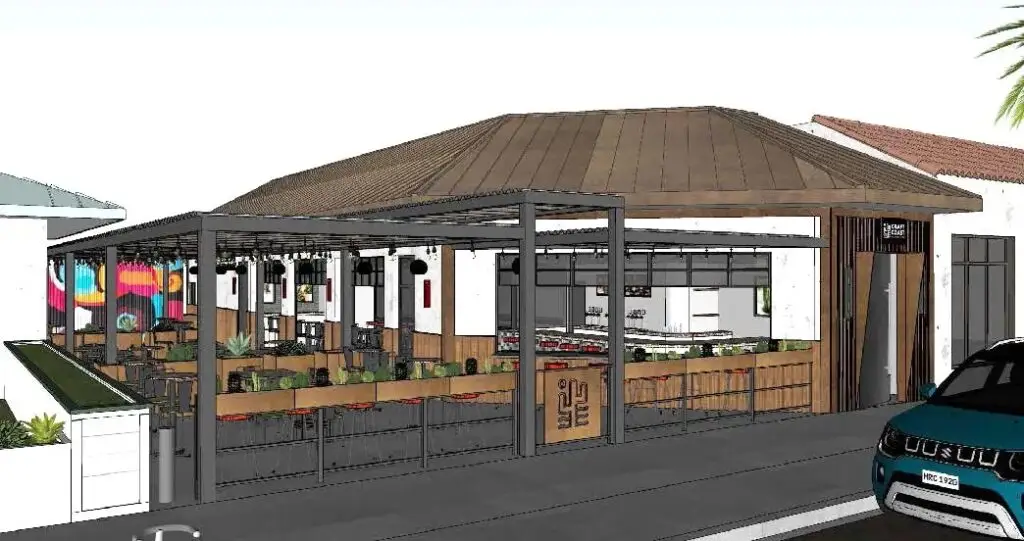
athletic brewing, soul sour
Out of approximately 9,500 breweries and taprooms currently operating across the United States, I can’t find more than a dozen or so that are owned by Black women. That means, of the only one percent of Black-owned breweries that exist in total, only around 10 percent of those are owned by Black women. (I’m hoping I missed a few, but even as a ballpark that’s a pretty grim statistic.)
The number of Black consumers and employees in the craft beer industry are a little higher, a little steadier, if not a little more promising metrics, but lack of ownership opportunities can be directly tied to barriers of access to capital, low-to-no representation at C-levels, or the expense of learning about craft beer through brewing science certificates or Cicerone certification. However, underrepresentation wasn’t always the case, explains Ashlie Randolph, co-founder of Lifting Lucy.
“There’s this misconception of ‘Oh, wow! It’s so rare to see a Black woman, or a Latina, or an East Indian woman in craft beer,’ but when you actually go back and look at our lineage, we’ve always been part of this,” says Randolph. That’s why she and co-founder Tranice Watts started Lifting Lucy in 2021 with the goal of “supporting Black, Indigenous, and other Women of Color [BIWOC] in beer industry events and educational opportunities.”
Lifting Lucy’s programs range from mentorship opportunities to scholarships, grants, and networking events—anything to make it easier and safer for BIWOC to participate in craft beer at every level. Their latest initiative is a collaboration with Athletic Brewing featuring Soul Sour, a non-alcoholic fruited sour beer made with blueberry, lemon, and mango (or, BLM).
The limited release is Athletic’s annual Black History Month brew, but Watts says they were comfortable moving forward with the collaboration due to the fact that Athletic consistently demonstrates an ongoing commitment to uplifting marginalized communities in beer more than just performatively for a few weeks a year. “They are doing the work 365,” she says. “It’s not just February or a one-month thing for them.”
Athletic co-founder and CEO Bill Shufelt says a more diverse beer industry is better for everyone. “Craft beer is great for so many reasons. Unfortunately, one of the industry’s biggest shortcomings has been a failure to reach out to underrepresented communities,” he explains, going on to say that Athletic’s pledge towards making craft beer a more equitable space means providing resources to already established organizations by using their Community Impact Fund.
The beer itself is an absolute delight, dancing on the tongue without buckling. Skeptical about sours? Only the barest of hints of fruity tartness balanced along a bright sweetness, finishing with a crisp and refreshing taste.
The label, created by Washington, D.C.-based Sierra Leonean-American illustrator Sabrena Khadija, is a splashy, geometric, colorful ode to Black art of the 1990s, and Randolph says the fact it’s a non-alcoholic beer is a bonus, providing another way for anyone to feel like part of the beer community without the booze.
But efforts like Soul Sour shouldn’t stop at the end of Black History Month. Watts says that while she hopes the beer inspires conversation, she hopes it also inspires action. Randolph agrees.
“Have a can or two of Soul Sour,” she encourages. “[Then] share it, have a look around and think, ‘Who should I tell about this beer? Who should I tell about Lifting Lucy?’” With support from Athletic, as well as anyone who comes across this beer, possibilities for a better future are endless. “We’ve seen some incredible things,” says Watts. “It keeps us motivated to do the work to see more incredible things.”
PARTNER CONTENT
Find out more about Lifting Lucy’s mission, history, and future at liftinglucy.org or on Instagram at @biwocinbeer. Purchase Soul Sour online or at a number of San Diego retailers.






















